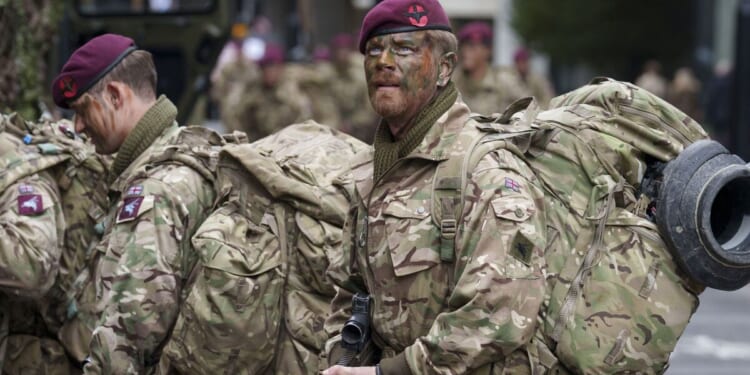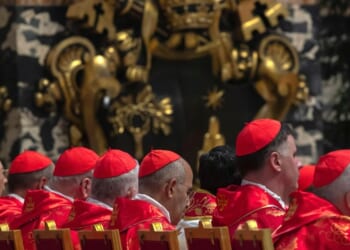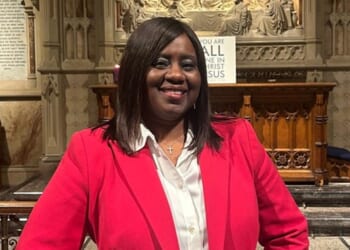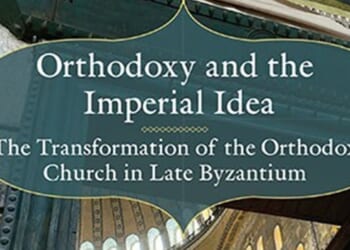Sir Keir Starmer has argued that Britain must be allowed to deploy troops to Ukraine as part of any eventual peace agreement with Russia.
The Telegraph reported how the Prime Minister pressed fellow leaders to begin setting out concrete plans for participation, describing the commitment as a “vital” element of long-term security guarantees for Kyiv.
Speaking to a virtual gathering of the “coalition of the willing”, he said: “Our military planners have worked really hard in recent months and will continue to work on the readiness of that force.”
He added: “And I urge colleagues on the call this afternoon to firm up national commitments because we need to ensure we’ve got the most robust capability and the most robust plans on the table.”
Marco Rubio, the US secretary of state, joined the session for the first time. The meeting came as officials in Washington and Kyiv said they were close to finalising a framework that could form the basis for ending almost four years of conflict with Russia.
Zelensky weighs visit to the US
Volodymyr Zelensky was reported to be considering a short-notice trip to Florida for discussions with Donald Trump at his Mar-a-Lago resort, where the former president is spending the Thanksgiving period.
But on Tuesday, Moscow signalled hesitation toward a revised proposal, claiming Europe had “blown its chances” by rejecting an earlier version circulated last week that was heavily weighted in Russia’s favour.
Analysts noted that Vladimir Putin still shows little sign of shifting on central demands, including additional Ukrainian territory and a ban on foreign troops patrolling regions bordering Russia.
Talks intensify in the Gulf
Dan Driscoll, the US army secretary, held talks in Abu Dhabi on Tuesday with an unnamed Russian delegation and Kyrylo Budanov, Ukraine’s military intelligence chief, who seldom travels abroad.
Mr Zelensky told members of the coalition that the US and Ukraine were ready to move ahead with a 19-point plan drafted in Geneva last weekend.
Although he stopped short of confirming a possible visit to the United States, Rustem Umerov, his national security adviser, said they would settle on the “earliest suitable date in November to complete final steps”.
Karoline Leavitt, the White House press secretary, said a “few delicate, but not insurmountable, details” still required resolution between the US, Ukraine and Russia.
It is understood that the 19-point document leaves open the most contentious matters — including territorial concessions and decisions on Nato — for Mr Zelensky and Mr Trump to resolve later.
Reworked proposal removes key Russian demands
The blueprint is a revised version of an earlier 28-point plan drawn up by US officials following discussions involving Steve Witkoff, the US president’s peace envoy, Jared Kushner, his son-in-law, and Russia’s Kirill Dmitriev, a back-channel contact between the Kremlin and Trump-aligned figures.
The Russian-supported draft had insisted Ukraine surrender the remaining parts of the eastern Donbas region still under Kyiv’s command, reduce its military by half and accept a prohibition on foreign forces operating inside the country.
Ukrainian officials have suggested these most controversial demands have been removed from the latest text.
Starmer signals challenge to Putin
Sir Keir’s push could be seen as a direct challenge to Moscow over its insistence that any future Nato presence in Ukraine must be ruled out.
The Prime Minister said: “We must come back to this with a strong political guarantee to show Russia we’re serious about responding to any violation. And it’s only if Russia believes we’re seriously responding to a violation that this will underpin a lasting peace.”
Russian Foreign Minister Sergey Lavrov has lambasted Europe for its past role in attempting to broker peace between Russia and Ukraine , stating emphatically: “You had your chance,” on Tuesday.
“So Europe, when they say now: ‘Don’t you dare do anything without us,’ you already had opportunities, you didn’t use them, you simply failed to act,” he declared.
The scathing comments were made during a joint press conference with Belarusian Foreign Minister Maxim Ryzhenkov, an ally of the Kremlin, following consecutive meetings that US officials held with Ukrainian representatives in Geneva and Russian delegates in Abu Dhabi in an attempt to negotiate a peace deal.
French president Emmanuel Macron added that the UK, France and Turkey were developing proposals for a “reassurance force” that could be sent to key locations, including Kyiv or Odesa, once a ceasefire takes effect.

















